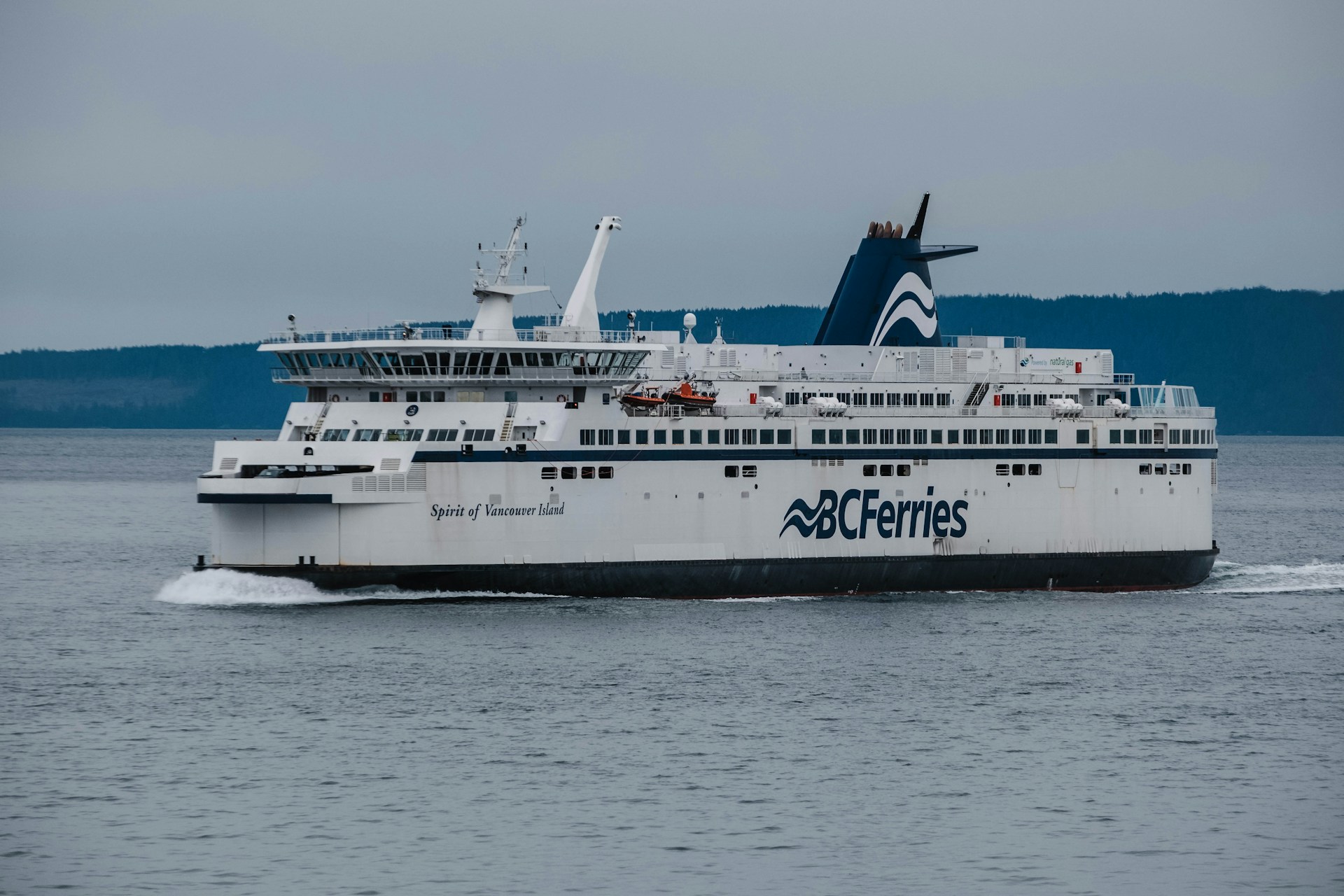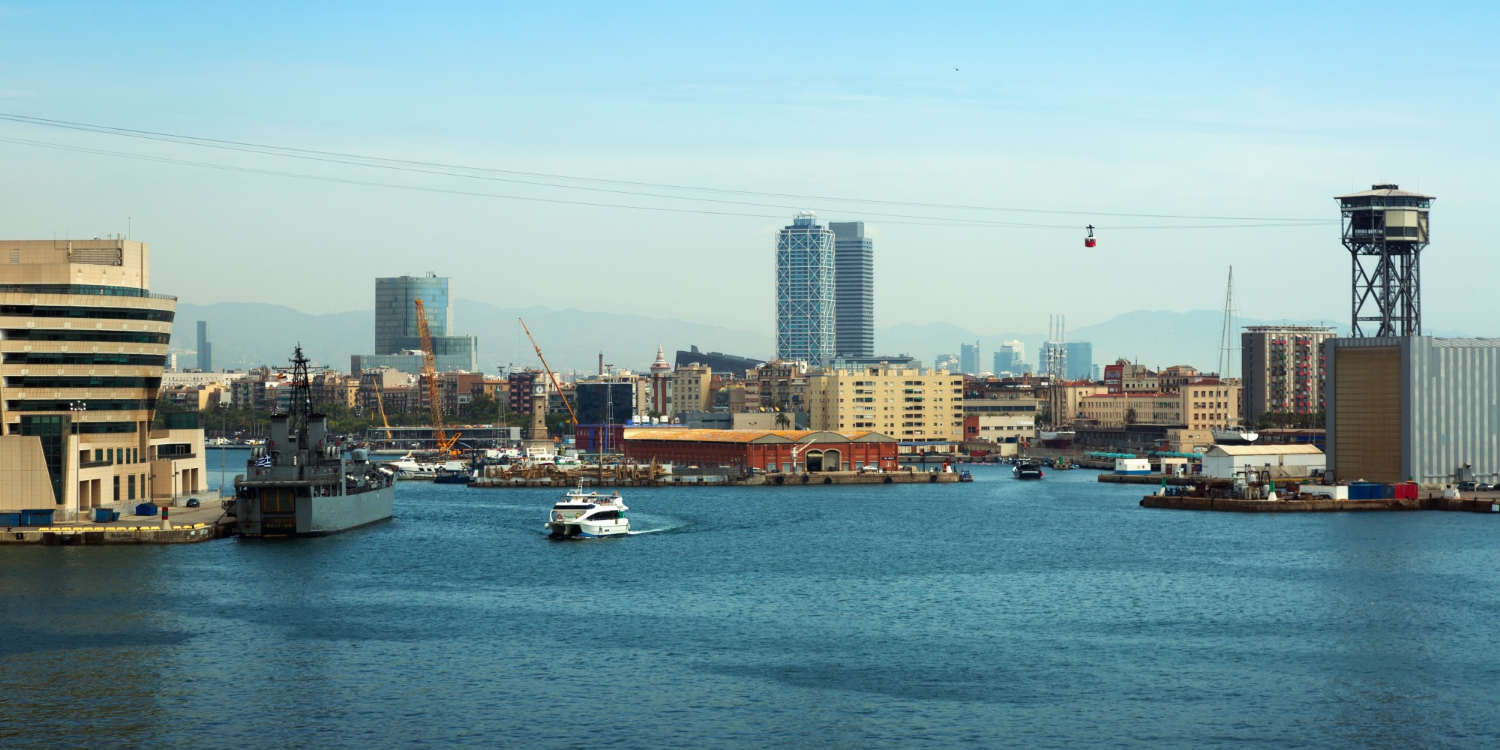The Mediterranean is one of the most beautiful and popular destinations for summer travel. Each year, millions of people board ferries, moving from one sun-soaked island to another, and hopping between charming coastal towns across countries like Greece, Italy, Spain, Croatia, and Turkey. Most people choose ferries because they are often the easiest way to reach islands, offering scenic views, affordable tickets, and a flexible travel experience compared to air travel.

There is no straight answer to this question. Reliability depends on various factors such as:
Most summer days in the Mediterranean are warm, sunny, and perfect for ferry travel. However, the weather can sometimes change quickly and affect the journeys.
One of the biggest challenges is strong winds. In places like the Aegean Sea, powerful seasonal winds, often called meltemi, can appear suddenly. These winds can make the sea rough and unsafe, forcing ferries to delay or even cancel trips. Short crossings between islands are usually the most affected.
Another issue is extreme heat. When heatwaves hit, ports become very crowded, and boarding can take longer than usual. While ferries don’t often get cancelled because of heat, passengers may feel uncomfortable waiting outside in high temperatures.
The good news is that most ferry companies now keep travellers updated through apps, text alerts, or email notifications, so you will usually know in advance if there is a delay or cancellation, giving you time to adjust your plans.
Ferries in the Mediterranean are more reliable in 2025 than they used to be, but they still are not as exact as trains or planes. Large and popular routes, like Athens to Santorini or Barcelona to Ibiza, usually stick to their schedule because the demand is high and operators are under pressure to keep things running smoothly.
On the other hand, smaller local ferries that connect less touristy islands can be less predictable. If the weather changes suddenly or if the ferry gets too full, departures might be pushed back. This doesn’t usually mean hours of waiting, but it can throw off a tightly planned itinerary.
The best approach is to build some flexibility into your travel schedule. For example, don’t plan a ferry ride and an international flight on the same day without plenty of extra time in between.
Tourism in the Mediterranean is booming again, and ferries have been busier than ever in 2025, especially on famous routes to places like Santorini and Capri. Tickets sell out fast, often gone weeks in advance, and last-minute travellers can struggle to find a seat.
Ports get packed, and even with a ticket in hand, expect to wait in long lines at the terminal, especially if you are travelling during weekends or public holidays. Onboard comfort can also be an issue. Standard ferries can feel crowded, with limited seating and space for luggage.
To make things easier, book your tickets early, arrive at least an hour before departure, and consider upgrading if you prefer more space.

For the most part, Mediterranean ferries are reliable. Big routes are running more smoothly, ferries are more modern and safe, and companies now use apps and alerts to keep travellers informed.
However, you have to keep various factors in mind, such as sudden winds, timing and scheduling, or overcrowded ports. These can affect your plans. The key is to book early, stay flexible, and give yourself a little extra time in your schedule.


If you want the latest information on the best Hotel Executive Club Lounges, Hotel Kids Clubs and other travel information, be sure to sign up for our free newsletter full of tips and great travel ideas.